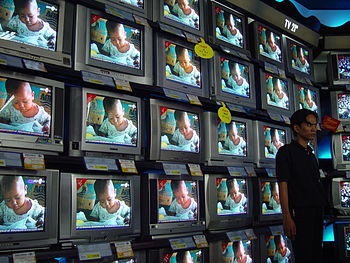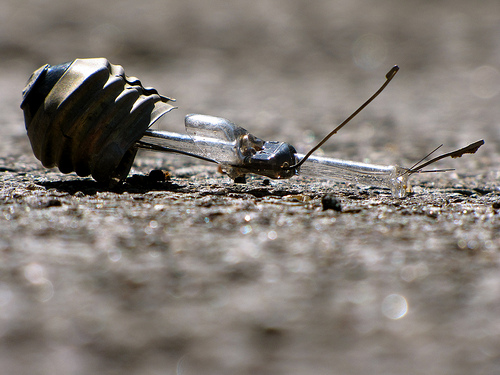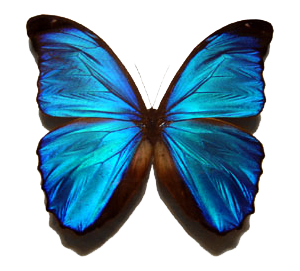Good parents share a desire to give kids the best — it’s a laudable goal. It’s natural to want our children to have a better life, but what does that mean?
[Tweet “It’s natural to want our children to have a better life. What does that mean?”]
For some it means living peacefully with two parents rather than in the aftermath of divorce or abuse. For others, it’s predictably having enough food and a reliable roof overhead, access to good education or the opportunity to participate in activities and events with friends.
Being a parent can create a feeling an unrelenting pressure to do more and better. Our kids contribute to this simply by being kids, wanting stuff and asking for it.
On one hand, it’s good to see someone with the ability to ask, clearly and assertively, for what they want. On the other, we can easily see the impact of marketing, advertising and consumer culture right under our noses!
[Tweet “We can easily see the impact of consumer culture right under our noses!”]
I think we sometimes get confused about what ‘giving kids the best’ can mean. With parents holding down multiple outside jobs, kids participating in lots of activities and so much time in the car, quiet family time is at a premium. ‘Overtired’ and ‘guilty’ become familiar.
When under pressure, it’s easy to translate a wonderful desire to something tangible and material almost as if to reassure ourselves that we’re living up to our parenting potential. Smart phones, designer clothing, cars…While those outward manifestations can be important it can be much harder to be sure to deliver the gifts that last forever: love, attention, lessons, morals and values.
[Tweet “It can be more difficult to deliver the gifts that last forever: love, attention & values.”]
Overindulgence can be dangerous to kids. When we give them everything they ask for (and many things they don’t) we interfere with their ability to learn to work for the things they want…. and perhaps even the ability to fully appreciate all the gifts money can’t buy. The ones that last forever.









